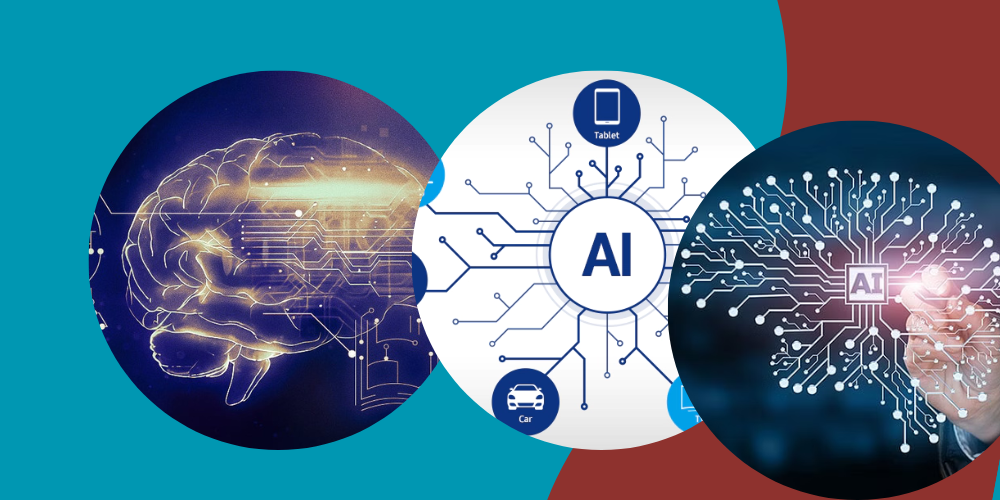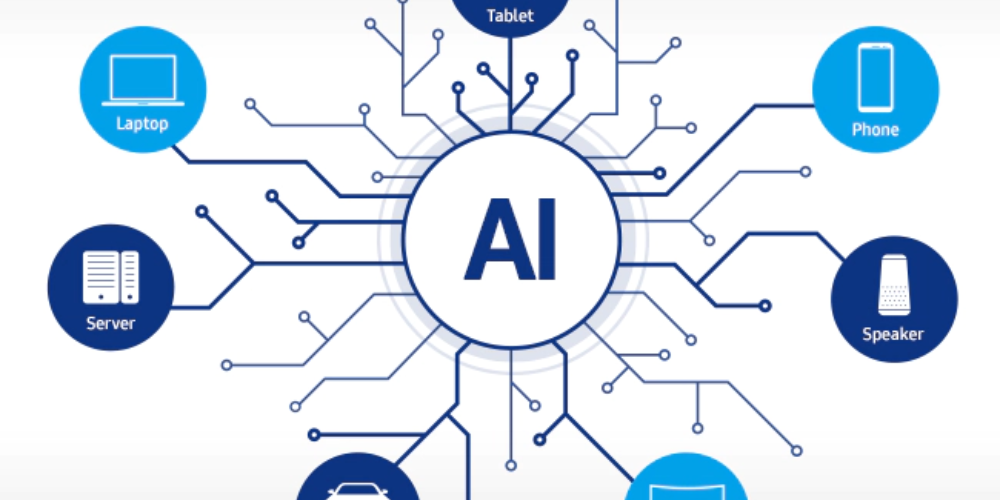ARTIFICIAL INTELLIGENCE: THE GOOD AND BAD: One of the newest technologies is artificial intelligence, which aims to replicate human reasoning in AI systems. In 1950, John McCarthy coined the phrase “artificial intelligence.”
Artificial intelligence is the capacity for learning and thought in computer programs. Everything that includes a program performing a task that we would typically associate with human intelligence is considered artificial intelligence. Here are some of the good and bad effects of artificial intelligence:
| S/N | THE GOOD | THE BAD |
| 1. | Digital Support | Not Thinking Outside the Box |
| 2. | Risk-takers as opposed to Humans | High Creation Costs |
| 3. | Lower Human Error Rate | Unemployment |
| 4. | Supporting Repeated Tasks | No Feelings |
| 5. | always accessible | Making People Lazy |
THE GOOD
- Digital Support:
Some of the most technologically advanced companies engage with users using digital assistants, which eliminates the need for human personnel. Many websites utilize digital assistants to deliver user-requested content. We can discuss our search with them in conversation. Some chatbots are built in a way that makes it difficult to tell whether we are conversing with a human or a chatbot.
- Risk-takers as opposed to Humans:
One of the main benefits of artificial intelligence is this. By creating an AI robot that can perform perilous tasks on our behalf, we can get beyond many of the dangerous restrictions that humans face. It can be utilized effectively in any type of natural or man-made calamity, whether it be going to Mars, defusing a bomb, exploring the deepest regions of the oceans, or mining for coal and oil.
-
Lower Human Error Rate:
Because people make errors occasionally, the term “human error” was coined. But if computers are properly programmed, they don’t commit these errors. With artificial intelligence, choices are made using a certain set of algorithms and information that has already been obtained. As a result, errors are decreased and there is an opportunity to achieve accuracy with a higher level of precision.
-
Supporting Repeated Tasks:
We will be doing a lot of repetitive tasks as part of our daily work, such as mailing thank-you notes and checking documents for flaws, among other things. We may use artificial intelligence to efficiently automate these menial chores and even to eliminate “boring” tasks for people, allowing them to focus on being more creative.
-
always accessible:
Without breaks, a typical person will work for four to six hours every day. Humans are designed to take breaks, recharge, and get ready for a new workday. They even have weekly off days to maintain a healthy balance between their personal and professional lives. They labor nonstop 24 hours a day, 7 days a week.
THE BAD
- Not Thinking Outside the Box:
Machines can only complete tasks that they have been created or programmed to complete; otherwise, they tend to malfunction or provide useless results that could create a significant obstacle.
- High Creation Costs:
Machines require frequent fees for upkeep and repair. Due to the complexity of the devices, their construction is quite expensive.
- Unemployment:
Human interference is decreasing as robots take over the majority of repetitive chores and other jobs, which will have a significant impact on employment standards. Every firm aims to replace the bare minimum of skilled workers with AI robots that are more effective at performing the same tasks.
- No Feelings:
Without question, machines perform tasks considerably more effectively than humans, but they cannot replace the interpersonal relationships that strengthen a team. Machines can’t replicate the ability to bond with people, which is crucial for team management
-
Making People Lazy
With its applications automating the majority of the job, AI is causing humans to become lazy. Humans have a propensity to become addicted to these creations, which could be problematic for coming generations.
These are a few of the benefits and drawbacks of artificial intelligence. Every new discovery will have both advantages and disadvantages, but it is up to us as humans to manage this and use the advantages of the discovery to improve the world. The potential benefits of artificial intelligence are enormous. Humans must play a major role in preventing the “rise of the robots” from getting out of hand. Some claim that artificial intelligence, if it falls into the wrong hands, has the power to destroy human civilization. However, none of the AI applications created at that level had the power to exterminate or subjugate humans.
READ ALSO:
The Maji Maji Uprising in Colonial Tanzania (1905-1907)
A Brief History of Nigeria During Buhari’s Military Regime





